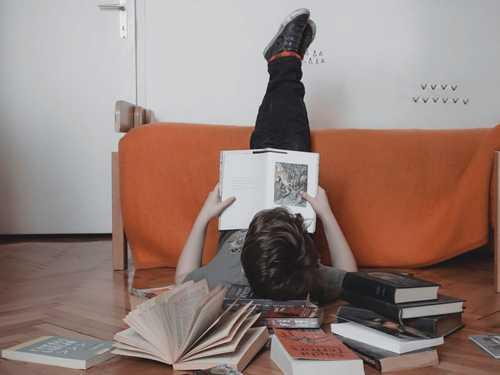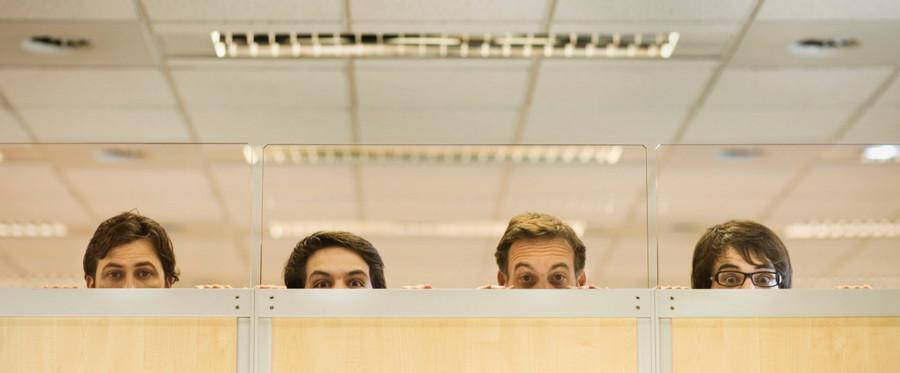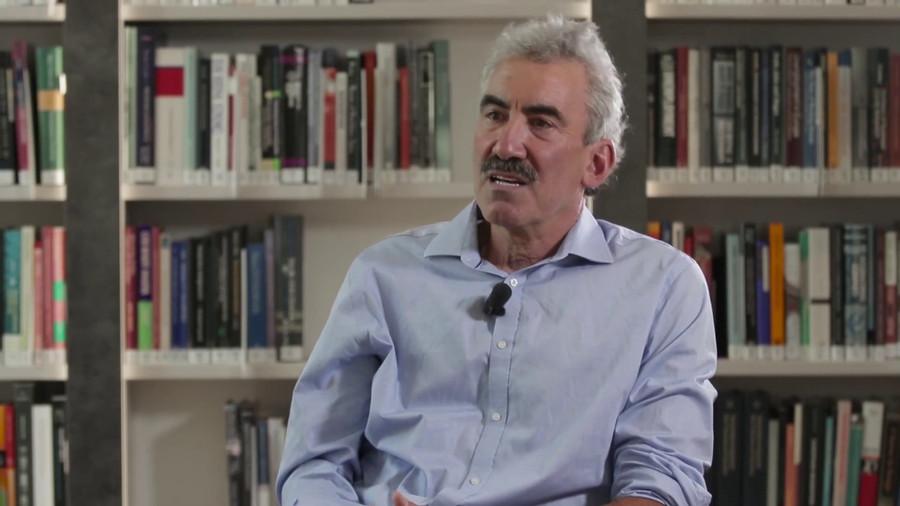The Paradox Of Curiosity
Curated from: nautil.us
Ideas, facts & insights covering these topics:
5 ideas
·55.5K reads
358
2
Explore the World's Best Ideas
Join today and uncover 100+ curated journeys from 50+ topics. Unlock access to our mobile app with extensive features.
The paradox of curiosity
Curiosity doesn’t seem to be tied to any specific reward.
It makes sense for organisms to seek food, water, sex, shelter, rest, wealth, or any of the other myriad nourishing and pleasant things in life. But what is the good of deducing the nature of gravity, or of going to the moon?
A simple answer is that we never know if what we learn today might come in handy tomorrow.
1.8K
17.6K reads
Curiosity and evolution
From an evolutionary perspective, there’s good reason to keep looking, to be curious.
Information helps us make better choices and adapt to a changing environment.
1.46K
12.3K reads
Curiosity as a probability algorithm
Scientists who study the mechanics of curiosity are finding that it is, at its core, a kind of probability algorithm—our brain’s continuous calculation of which path or action is likely to gain us the most knowledge in the least amount of time. Like the links on a Wikipedia page, curiosity builds upon itself, every question leading to the next. And as with a journey down the Wikipedia wormhole, where you start dictates where you might end up.
Curiosity is less about what you don’t know than about what you already do.
1.51K
8.52K reads
Boredom alone can’t fully explain curiosity
The old view is that curiosity and boredom are opposite ends of the same continuum.
The new view: bored is not to curious as hungry is to full or thirsty is slaked. Rather, boredom is a signal that you’re not making good use of a part of the brain. And there are antidotes to boredom besides curiosity.
1.45K
8.53K reads
The information gap
In a 1994 paper, George Loewenstein theorized that curiosity’s direction is determined by the “information gap,” the sudden awareness of what you don’t know and the immediate desire to fill that gap.
But for the information gap to set its hook, though, it can’t be too big or too small - Curiosity peaks when subjects have a good guess about the answers, but aren’t quite sure.
1.54K
8.46K reads
IDEAS CURATED BY
Whenever I have a problem I just sing, then I realize my voice is worse than my problem
Christopher C.'s ideas are part of this journey:
Learn more about personaldevelopment with this collection
How to develop a growth mindset
How to think creatively and outside the box
How to embrace change
Related collections
Similar ideas
7 ideas
The 'Why' Behind Asking Why: The Science of Curiosity
knowledge.wharton.upenn.edu
4 ideas
Why Curiosity Matters
hbr.org
3 ideas
How does the brain process curiosity?
bigthink.com
Read & Learn
20x Faster
without
deepstash
with
deepstash
with
deepstash
Personalized microlearning
—
100+ Learning Journeys
—
Access to 200,000+ ideas
—
Access to the mobile app
—
Unlimited idea saving
—
—
Unlimited history
—
—
Unlimited listening to ideas
—
—
Downloading & offline access
—
—
Supercharge your mind with one idea per day
Enter your email and spend 1 minute every day to learn something new.
I agree to receive email updates





